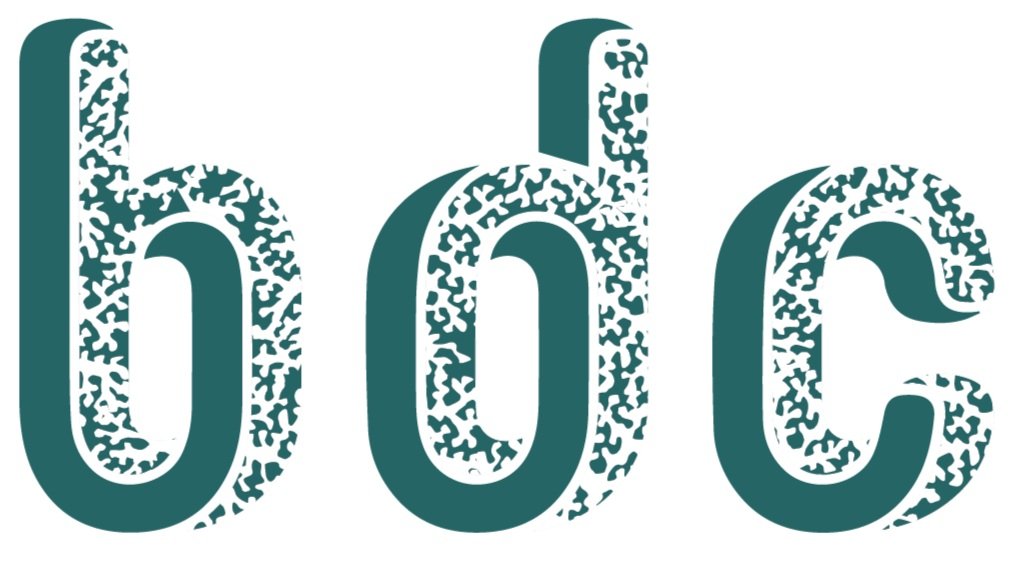Biodesign Challenge and Mars Wrigley Select Winners of Biodesign Sprint, Nov. 3-4
Biodesign Challenge and Mars Wrigley announce the winners of a competition to explore new ways food systems can nurture the wellbeing of humanity and the environment.
Tuesday, November 8th, 2022, New York, NY—Biodesign Challenge (BDC), a nonprofit student biotechnology competition, and Mars Wrigley today announced the winners of the Biodesign Sprint. The month-long innovation challenge took place in October to reimagine how biotech could be integrated into the food system to create a more resilient and sustainable future. Biodesign, a discipline that bridges art, design, and biology, is becoming instrumental in harnessing new biotechnologies to address the sustainability and environmental crises.
Forty three teams from 16 countries spent the month creating projects that explore better ways to increase human and environmental wellbeing by reimagining food systems. The 167 participants came from universities including Harvard, Royal College of Art, Tongji, and RISD as well as professionals working at the intersection of biotechnology and design.
On November 3-4, teams presented their projects to a judging panel made up of 34 experts from Mars Wrigley and BDC. Each team may now have the opportunity to collaborate on their project with Mars Wrigley.
“The wellbeing of people and the health of the planet go hand in hand. We hope this design challenge amplifies the opportunity to bring them together with more intention,” said Dondeena Bradley, Mars Wrigley’s Global Vice President at the Wellbeing Center of Expertise.
Winning teams
Winner (nonstudent): ChiTownBio
The team developed a snack bar called Sprouted from native fruits, nuts, and berries indigenous to Chicago as part of an initiative to promote urban gardening in abandoned lots.Winner (student): Coast-To-Coast
To provide a sustainable alternative to the sugar industry and combat micro-plastic pollution, Coast-to-Coast created a new confectionary of gene-edited candy cap mushrooms that, in addition to being sweet, secrete an enzyme PETase that break down microplastics in the human digestive systems.Runner Up (nonstudent): University of Minnesota Biodesign Collaborative
FairFarms builds upon the rich tradition of the County Fair to convert underutilized fairgrounds into community spaces for farm innovation, training hubs, and greenhouses.
Runner Up (student): 4.6692016
Sugarware is a spoon designed with a bumpy shape to increase surface contact with taste buds and trigger the sweet-sensing response without any sugar or artificial sweeteners.
Participation Stats
43 total teams: 24 student, 19 professional teams
167 individual participants
16 countries: United States, Canada, Mexico, Trinidad and Tobago, Colombia, Brazil, United Kingdom, Germany, Algeria, Kuwait, India, China, Indonesia, Australia, Japan, Poland, Italy.
Speakers
Nicholas A. Christakis, MD, PhD, MPH, is the Sterling Professor of Social and Natural Science at Yale University
LinYee Yuan is the founder and editor of MOLD, a print and online magazine that explores how designers can address the coming food crisis.
LINKS

